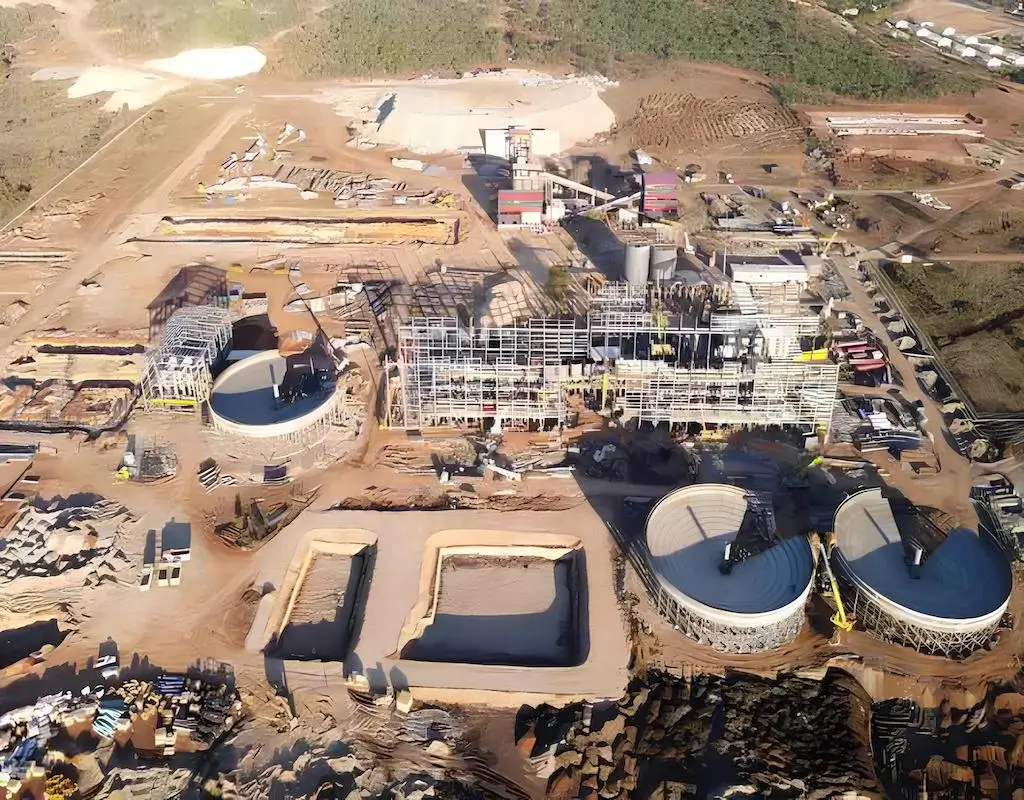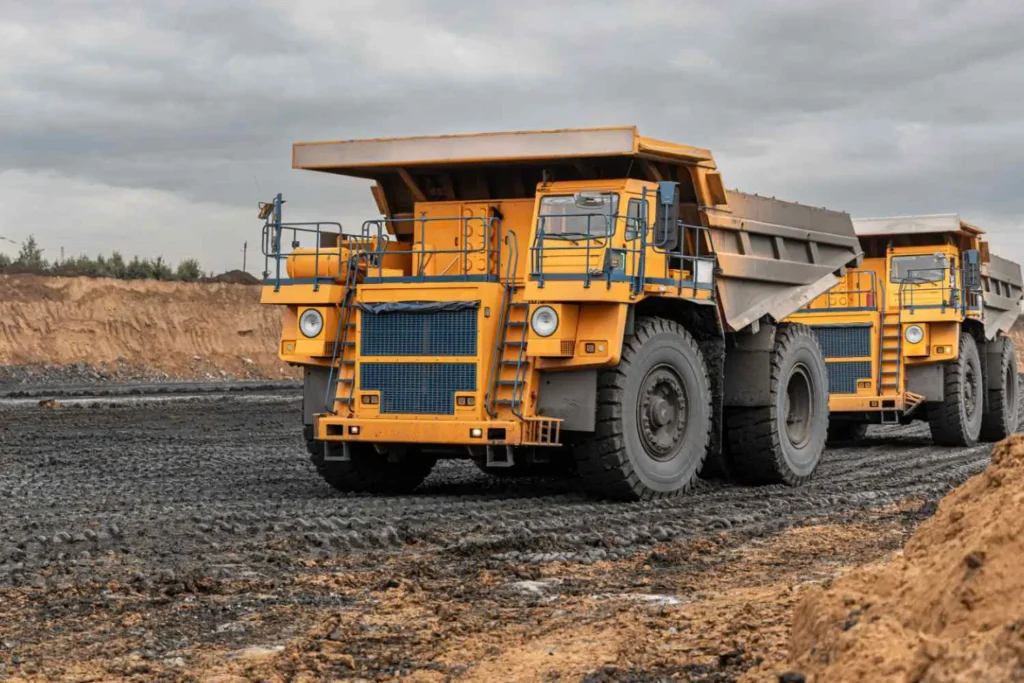Zimbabwe Faces Tax Tensions as Refining Capacity Falls Behind
Zimbabwe has emerged as a significant source of lithium concentrate for Chinese refiners, with several firms investing heavily in local mining operations. However, a newly introduced 5% export levy on unprocessed lithium is drawing backlash from miners, who argue that the country isn’t yet ready to support local refining of the mineral.
Miners Ask for Delay on New Levy
A coalition of lithium mining companies operating in Zimbabwe has approached the country’s authorities, urging them to postpone the newly imposed export duty. These firms, including several major Chinese investors, want the tax suspended until 2027. They say that’s when domestic plants will be able to process lithium into lithium sulphate, which holds more value than raw concentrate.
Until then, the concentrate would continue to be sent to China for further refinement into battery-grade materials. The companies believe implementing the tax before refining capacity is in place could hamper progress and make the mining ventures less financially viable.
The exporters’ group also raised concerns around royalty payments. At present, the government calculates royalties based on the global price of lithium carbonate—a more processed and valuable form of lithium. However, Zimbabwe only produces lithium concentrate, which sells for less. This method of calculation, miners argue, inflates the royalty fees unfairly.

Image 1: Mining Site (Source: Oxpeckers)
These issues were discussed during a recent meeting between the mining industry and Zimbabwe’s Finance Ministry. While talks are ongoing, there has been no official word on whether the government will grant the requested delay.
Debt Row Threatens State-Owned Mining Firm
While miners are pushing for more time to build infrastructure, Zimbabwe’s state-run mining firm, ZMDC, is facing a serious financial crisis linked to a legal battle that began over a decade ago. The dispute stems from scrapped agreements involving nickel and platinum projects with a company based in Mauritius.
An international arbitration body previously ruled that ZMDC was liable to pay US$93 million. Years later, a court in Zambia confirmed the enforceability of the decision, putting ZMDC’s assets in jeopardy. In an effort to settle the matter, Zimbabwe’s Finance Ministry approved a deal in which the debt was reduced to around US$66 million.
As part of this arrangement, a Nigerian-owned company, Bravura, pledged to contribute US$15 million towards the settlement. However, only a small portion of this sum has been paid, and other key aspects of the agreement—such as the handover of mining assets—remain unfulfilled.
ZMDC’s ability to address the remaining debt has been severely limited. The bulk of its assets were previously handed over to a newly established state firm, Defold Mine, leaving ZMDC with few internal resources to meet its obligations. On top of this, legal expenses related to the case have already surpassed US$500,000.

Image 2: (Source: Energy Capital & Power)
Concerns Grow over Future of Zimbabwe’s Mining Sector
The financial woes of the state mining firm, coupled with uncertainty around the lithium tax, are raising concerns about Zimbabwe’s broader mining strategy. The government wants to see more minerals processed locally in order to generate more value from its natural resources. But industry players argue they need time and practical support to get there.
Mining companies appear open to the government’s long-term vision, but they’re calling for policies that reflect current realities. Until refining plants are fully up and running, the export tax may do more harm than good.
The outcome of ongoing negotiations will shape the path forward for Zimbabwe’s lithium sector, as well as determine the financial survival of ZMDC. As things stand, both private investors and state operators are navigating a complex mix of policy pressure, infrastructure gaps, and legacy financial disputes.

